As a green lass, I also read A.E. Housman's The Loveliest of Trees. It's got the virtue of being short to balance against its general gloom and the inherent math problem of "threescore and ten." For those of us who don't calculate in base score, "threescore and ten" means 70, the average span of human life. His point is that 50 springs is not enough, no matter how you slice it. Preach it, brother.
I've over-ordered spring plantings, I've pack-ratted a mound of supplies, and as soon as I manage my second vaccination shot, we are heading to the Would-Be Farm. Because it's April. Already!
0 Comments
Doesn't everyone have this impulse to shuffle chunks of granite or marble or gneiss from one place to another?
Perhaps the rock-moving thing is in the blood. Heaven knows there are stone workers by the shovel-full up the family tree: tin miners in Cornwall, copper miners in Tennessee, the odd silver-miner crushed in freak accident in a Colorado mine.
His reserved "hello" morphs into a grinning, winking welcome. "Oh! If only..." he always ends up sighing. Charming Aunt P makes conquests left and right. I know she had the quarryman and his crew move and readjust rocks over and over and over again until she had her flagstone patio just the way she liked. It's to her credit that the quarryman made it beautiful and remembers her fondly.
You have to listen to them or learn to live with some half-assed, unbalanced construct. What can be more beautiful than an elegant old stone wall? Running mostly straight, like a seam across a landscape -- ooh, ahh.
Before google was a verb, we passed one North Country blizzard by pulling "Stopping by Woods on a Snowy Evening" –– stanza by sing-song stanza –– from imperfect collective memory. I remember the blue light of the overcast sky reflecting ice into the dim living-room. The sinking presence of cold at the glass. And the dozens of running, stumbling starts it took for one of us to finally say the poem complete from start to finish.
* My favorite Sumerian quotation is "there is nothing new under the sun." Which, as it turns out when I research the citation, isn't Sumerian at all but Ecclesiastes. Huh.
My second favorite Sumerian quote? "What kind of a scribe is a scribe who does not know Sumerian?" Life is not the only thing out there imitating art. Evidently Nature's in on it too. According to Edgar Degas, "Art is not what you see, but what you make others see." And for that I might as well go ahead and apologize. I was thinking about the Alexander Pope quote, which was –– I thought –– Art is but Nature to advantage dressed. Or, in this case, not dressed. I meant to rift extensively on part about being undressed. Low humor, sure, and possibly dragging in the topic of saggy pants.
But when I checked the quotation (From his Essay on Criticism, which is in strictest truth a poem), Pope actually wrote: "True wit is Nature to Advantage drest,/What oft was Thought, but ne'er so well Exprest,/Something, whose Truth convince'd at Sight we find,/That gives us back the Image of our Mind." Oh Alexander Pope, you navel-gazing noodler. *I love that phrase, which goes something like, "In April...then folk do long to go on pilgrimage," from the opening sentence of Chaucer's The Canterbury Tales. In the interest of brutal honesty and over-sharing, inside that ellipsis? Those three dots contain an entire universe of wordy wordy words that may have in played a pivotal role in my decision NOT to pursue graduate work in English.
The third time, I realized quoting the opening lines of The Canterbury Tales in the original Middle English was a painful dating stratagem of people in my chosen field of study. The idea being, perhaps, to stupefy and render the object unconscious.
Still, April is a time when folk DO long to hit the road. Springtime itchy feet. Questing for sunny beaches or the last few downhill runs, going for the peak cherry blossoms or those first bulbs poking heads out of the mud. Each trip worth a Tale.
National Poetry Month. Poems are where word-caterpillars emerge from their cocoons. Maybe. P-p-pa-poetry? Here, this won'd hurt much: The Caterpillar by Ogden Nash I find among the poems of Schiller No mention of the caterpillar Nor can I find one anywhere In Petrarch or in Baudelaire So here I sit in extra session To give my personal impression. The caterpillar, as it's called, Is often hairy, seldom bald; It looks as if it never shaves; When it walks, it walks in waves. And from the cradle to the chrysalis It's utterly speechless, songless, whistless. Shakespearean butterflies? Sure. And where else but Lear? It's a butterfly-ish play**, the madness and the stomping around and all...and for the fastidious, his poetry is a blanker shade of verse than Mr. Nash's.
*That from "An April Day" by William Wadsworth Longfellow. WWL was a BIG fan of April. *Okay, maybe Lear is not SO much butterfly-ish, but Peter S. Beagle's fictional butterfly quotes Lear to great effect in another work; hence they are joined in my mind. When asked, many of the manly American men writers of their day used to claim that writing is easy. You just open a vein. (Versions of the quote come from sportswriter Red Smith, sportswriter and novelist Paul Gallico, wordy novelist Thomas Wolfe, and his High-T Manliness Himself –– Ernest Hemingway. Thanks Garson O'Toole for this blog all about it.) Um, okay, boys. Not for nothing, but bleeding is a lot easier.
Which opens the door to the real the question: why write at all. Why not just not write? Get the other things on my list done. Retire or whatnot.
I would, actually, if I could. So far I have failed to give it up. I've alluded to The Rime of the Ancient Mariner a time or two; it's that poem with the old guy pestering people at a wedding, insisting that he tell them HIS story –– that's a pretty good illustration of what goes on over here. And yet, despite characters shouting and raising their hands frantically in the back of my skull-duggery room and a good playlist cued up, I am dipping into Reynold Price's wonderful Learning a Trade: A Craftsman's Notebooks 1955-1997. It's an annotated journal that gives me hope: in it, Price writes about his process. He dithers and wonders about his characters' motivations and choices. He revisits and re-considers his own moral position based on the things his characters do –– or what they must do, whether he wants them to do or not. Price was a young man at start of these notebooks studying and writing in Oxford and then back in North Carolina, before he wrote A Long and Happy Life, his first novel. By the end, he's had a has successful career, including Kate Vaiden, and a dozen other novels, as well as screenplays and short stories, books with a biblical bent, and volumes of memoir. Here's a sample from page 77 of Learning a Trade. 20 January 1957 LONDON But look, isn't this story in danger of ending with a kind of cheat, that is with no resolution? What is the end going to imply?: simply that she leaves home for Norfolk or wherever? Maybe Wesley had better make some kind of gesture, however small. And page 129: 27 August 1960, DURHAM Rosacoke has told Wesley her pregnancy. His only reaction has been silence –– then question: has she known anyone else? Then simply telling her to come on, they must practice. Her own feeling through the revelation is chiefly numbness, tiredness –– though Wesley notices on her face the same look that was there on the November night (which was described then as hate). I haven't read the story in question, and may never do so. Can't say I am want to know about Wesley and Rosacoke. What's interesting –– and heartening –– is that Price clearly spent a good portion of his waking life playing with his paper dolls, too, imagining an inner life for these imaginary friends, worrying about their actions and what it all means. Misery is not the only thing that loves company. 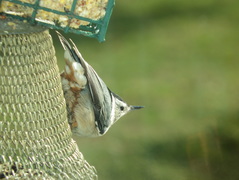 Thank you, Emily Dickinson. Even though that poem is not my favorite of yours (I like the shocking ones like, "Because I would not stop for Death/He kindly stopped for me––"). But still, these are the words that come to me over coffee as I sit watching the birds at the feeder. Who doesn't like a bird-feeder? (Answer: don't even tell me. Killjoys.) There's a nice variety swooping in the first week of April: nuthatches and chickadees, house finches and gold finches, cedar waxwings and juncos. (My sister intones "There's a rumble in the junco!") Plus flickers and downy woodpeckers, robins and pigeons, red-winged blackbirds, a single determined crow goose-stepping at the perimeter. The birds are at war, I think, despite how they sound chipper and some poets might suggest they embody hope. They are always skirmishing over seed at the feeder. Or chasing off potential suitors. Or courting like overcharged sixth-graders. It's a little like watching the television news. Only a little less bloodless and a lot less duplicitous.
101 years ago, Robert Frost published Mending Wall*, about the mysterious forces that try to dismantle a rock wall. Each spring, the narrator explains, he and his neighbor walk along the fence-line, each on his own side, replacing the fallen stones, while the narrator tries to resist the temptation to making light of the chore (after all, his apple trees aren't going to trespass on the neighbor's pine strand!).
We have only a few remnant stone walls at the Would-Be Farm, but there are plenty of other chores that will keep me away from the computer for a while. Thank you for checking in –– I'll be back before long. *Yup, another poem. It's National Poetry Month. 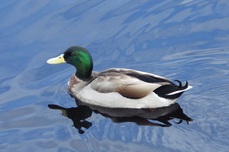 What makes something humorous? As to be expected, a whole field of scientific inquiry (called "gelotology," not to be confused with gelato-ology) has devoted itself to the subject. Oh, to be on those PhD boards... The Cliff-notes version of what makes funny funny suggests something like this: humor arises from transgression and surprise. We have expectations of what's normal, so humor involves challenging or overturning those expectations in a way that is mildly alarming and/or absurd. A duck is not supposed to walk into a bar, in the normal course of affairs. The duck's smart-alecky comment is usually something of a surprise or something patently absurd. <insert sound of canned laugh-track> Radiolab, the fantastic radio show, also looks at gelotology in this episode. National Poetry Month -- it's doesn't have to be serious, people. Lilly has been 13 years old for some time now. As with many ladies of a certain age, it seems indelicate, not to say unkind, to keep a strict accounting of her years. The small dog is clearly an elder: her little face is white and she moves stiffly most mornings (and afternoons). The exact number of her winters is not important.  It's not infinite, that number. Of course it's not. I imagine it's part of why dogs crack our hearts wide open: a lucky caretaker will know her dog from goofy puppyhood until it grows old and dies. Luckier yet knows more than one dog... because all that slobber and wagging and joyful frolicking does end. A reminder of how it goes for every one of us...if only we could forget about the mortgages and religious differences and dignity and what-not for a little while. I've been anticipating the demise of my inherited small dog Lilly nearly since she first came to stay. In my defense, she was old when my mother rescued her and the vet -- who, ironically, has since retired -- did pronounce her to be "on borrowed time" because of her various ailments. Not just the ruptured disks in her back, but a pronounced heart murmur from a leaky heart valve. So when, after ratcheting her way up the stairs like a slightly under-wound mechanical toy, she stopped in the hallway outside our bedroom, coughed twice and then fell limply to her side, I was pretty sure her timecard had been punched. "At least it was quick," I thought. "Poor little thing. No emergency room, and she wasn't scared, and that's something." But her little sides were still moving. I sat and listened to her heart flitter-thumping along. She didn't wiggle under my hand. Her eyes were closed. She didn't seem to be in pain. I sat with her and stroked her bony head and told her that she had been a good dog. As one does.
Over the course of the night, she didn't move, but she kept breathing. I think my responsibility to this old is to make sure she doesn't suffer. She seemed -- to be fair -- as if she was just sound flat asleep. When I got up in the morning and peeped around the corner, she was giving me the especially impatient look she reserves for mealtimes. Her ears pricked and her feet beating a little skittering tattoo. Then she was trotting ahead of me, trying to lure me toward her bowl, as if I might have something better to do than prepare her delicious breakfast. Right this minute! "Looks like she cheated Death last night," Jeff said, behind me. "Maybe she zigged when the Angel of Death swooped." So whether the small dog was sleeping or dodging the inevitable, who can say? All I know is that she stands by my feet just now, grunting vaguely about a snack or about going outside. It's obvious that life is fleeting and astonishing, and that the end comes before we are ready -- but not this day. *That reference not from the Gospel of John, but T.S. Eliot's The Lovesong of J. Alfred Prufrock. |
About the Blog
A lot of ground gets covered on this blog -- from sailboat racing to book suggestions to plain old piffle. FollowTrying to keep track? Follow me on Facebook or Twitter or if you use an aggregator, click the RSS option below.
Old school? Sign up for the newsletter and I'll shoot you a short e-mail when there's something new.
Archives
June 2024
Categories
All
|
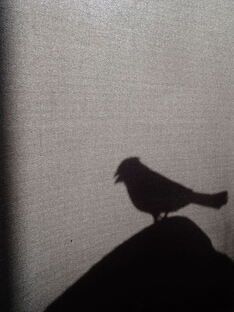







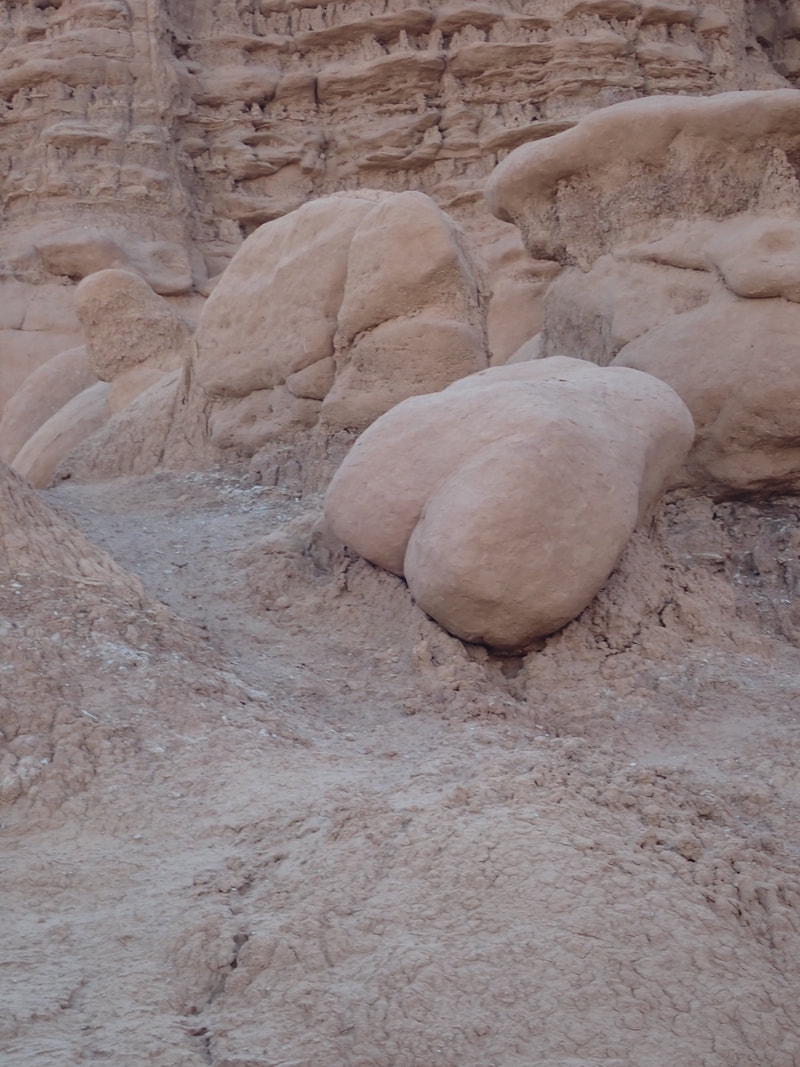


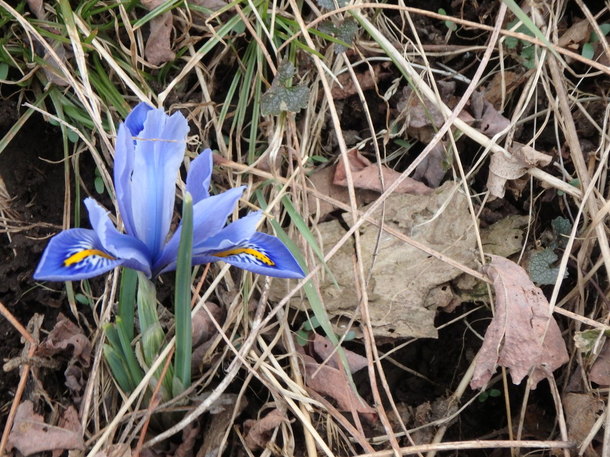
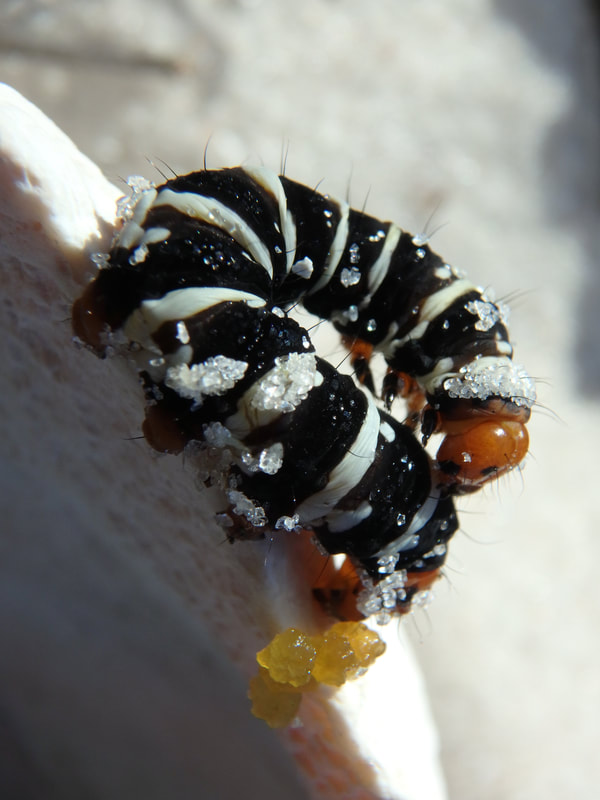
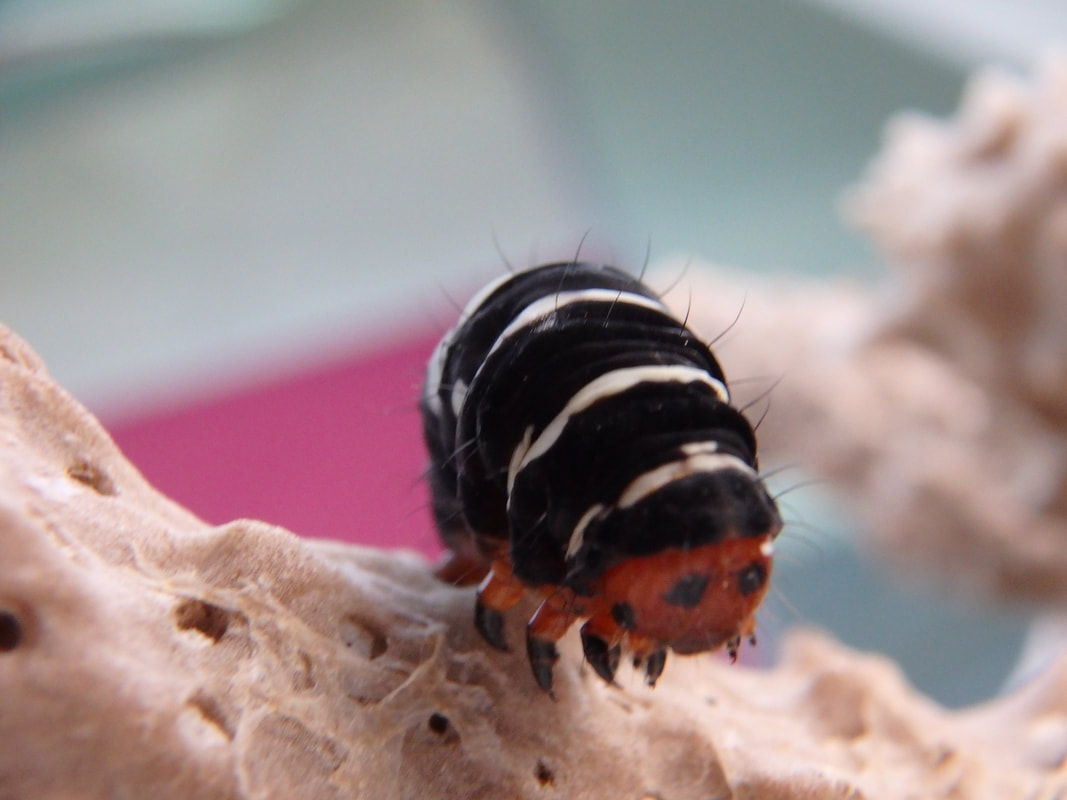
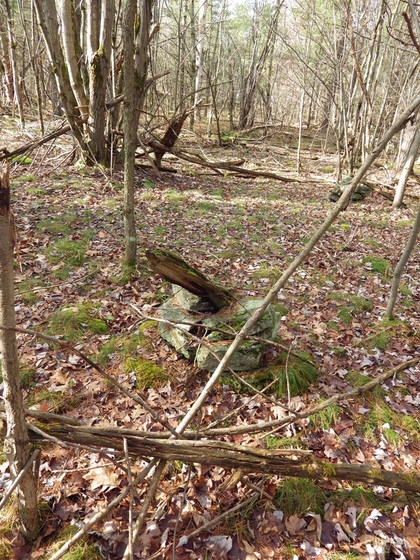


 RSS Feed
RSS Feed
